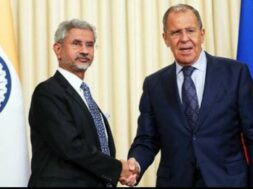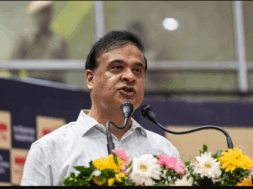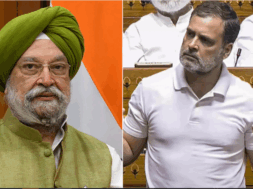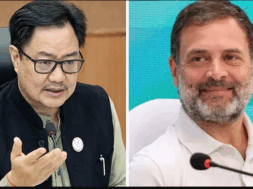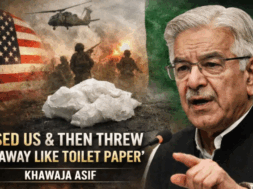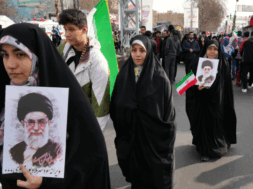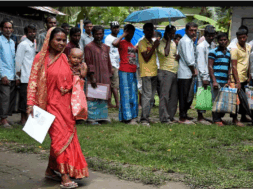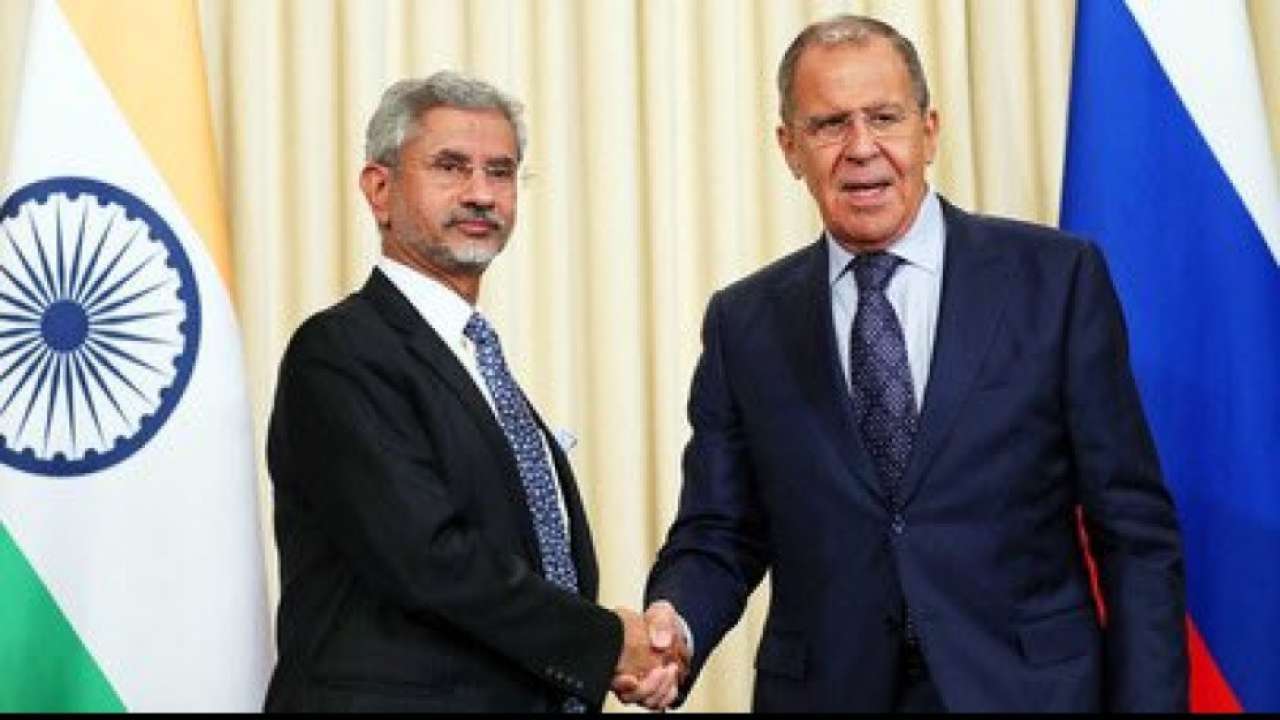
NEW DELHI, April 1: Russian foreign minister Sergey Lavrov on Friday claimed that Russia and India were “looking at ways to bypass” the sanctions imposed by the United States, European Union and partners on Russia for its invasion into Ukraine.
The visiting Russian Foreign Minister, who arrived in New Delhi from Beijing on Thursday evening, made the comment on Friday after talks with External Affairs Minister S. Jaishankar. He also met Prime Minister Narendra Modi before his departure. “Prime Minister reiterated his call for an early cessation of violence, and conveyed India’s readiness to contribute in any way to the peace efforts,” Modi’s office said.
The Ministry of External Affairs (MEA) said Jaishankar and Lavrov specifically discussed India’s concerns over the impact of the Ukraine crisis on its economy, noting that it was “important” to ensure that their economic and technological contacts remain “stable and predictable.” “EAM [Jaishankar] underlined that as a developing economy, global volatility in different domains is of particular concern to India. It is important for both countries that their economic, technological and people to people contacts remain stable and predictable,” a statement by the MEA said.
Lavrov arrived on Thursday after visits by senior officials of the U.S., EU and the U.K. this week, all of whom cautioned India about attempting to circumvent the financial sanctions put in place by them, by using a non-dollar “rupee rouble” payment mechanism. They also expressed the hope that India would not further increase its oil intake from Russia, which has already grown in the past few weeks.
While the MEA made no response to the comments, including a direct warning from U.S. Deputy National Security Advisor Daleep Singh that there would be “consequences” to such actions, Lavrov lashed out at the “West” for attempting to “blackmail” India and other countries that are not part of the sanctions, like China.
“I have no doubt that a way would be found to bypass the artificial impediments which illegal unilateral sanctions by the West create. This relates also to the area of military and technical cooperation. We have no doubt that the solution would be found and respective ministries are working,” Lavrov said at a press conference after his bilateral talks, making it clear that Russia is moving ahead with both India and China on the use of national currencies rather than the dollar-based international systems, and these efforts would be “intensified.”
Earlier this week, a team from Russia’s central bank met Reserve Bank of India officials to try and iron out payment issues and identification of banks immunised from the sanctions network. “The reason for moving to national currencies is the absolutely unreliable nature of our western counterparts. We don’t want to depend on the system which could be closed anytime, whose masters can steal your money overnight,” Lavrov remarked, referring to the decision to eject Russian banks from the global SWIFT payment system, and to freeze Russia’s foreign reserves.
Defending Russia’s actions in Ukraine, Lavrov claimed there was no “war”, only a “special operation” conducted on military infrastructure, with an attempt to avoid civilian casualties. UN OHCHR figures put the number of civilians killed until March 31 above 3,100.
In his opening remarks at the bilateral talks held at Hyderabad House, Jaishankar said the meeting took place “in a difficult international environment”. “India, as you are aware, has always been in favour of resolving differences and disputes through dialogue and diplomacy,” he said in an oblique reference to the Russian war in Ukraine.
The MEA statement said Jaishankar also stressed the principles of “respect for international law, U.N. Charter, sovereignty and territorial integrity of states.” In response, Lavrov praised the Indian government for not paying heed to “western attempts” to link all international issues to the Ukraine situation, and for seeing the crisis in the “entirety” of the situation. Both delegations included the officials dealing with Afghanistan and Iran, Zamir Kabulov and Joint Secretary J.P. Singh.
(Manas Dasgupta)
